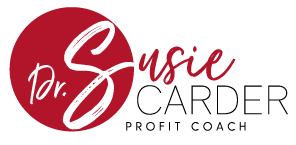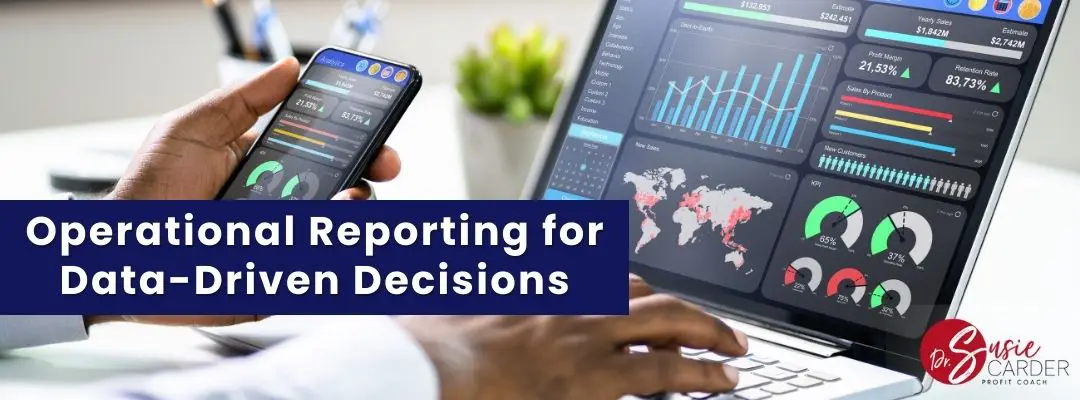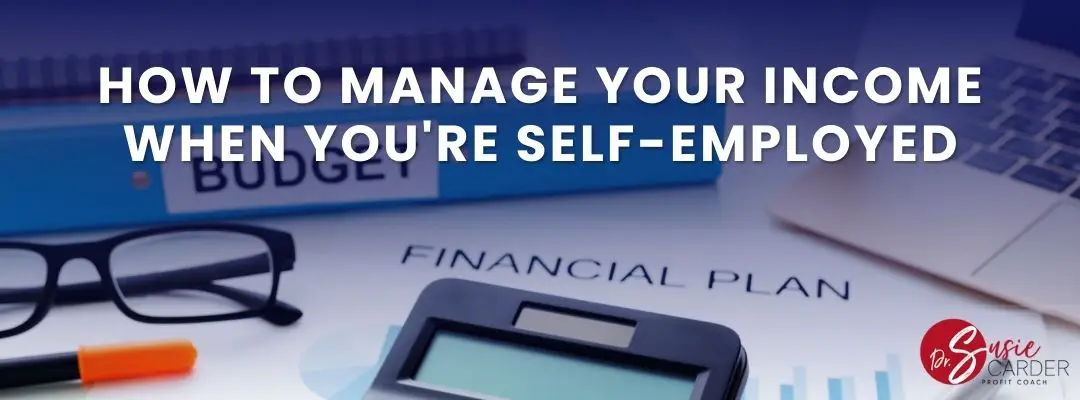When Eleanor Roosevelt said “Do one thing every day that scares you”, she probably wasn’t talking about checking your bank balance.
Then again, maybe she was.
Millions of Americans are paralyzed by financial fear and money-related stress. Accordingly to an annual stress study, 72% of Americans reported being stressed out about money.
Many people cope with money stress by pretending it doesn’t exist.
People dread looking at their bank balance. Most families, even those close to retirement, have almost no money saved for retirement.
This fear can be debilitating. A low bank balance can mean anything from missing a night out with friends to not being able to pay for necessary medical bills or even your mortgage.
I have been there. And that’s why I love this topic. Once I faced my fear and took hold of it, I had a whole breakthrough.
It’s no wonder so many people are compelled to look away. But research shows that confronting a problem, even without a solution, helps to soothe away the anxiety around it. This allows you to be more productive, stop focusing the stress, and start taking action.
“The only thing we have to fear, is fear itself.”
– FDR
Here are 5 Insights to Help Face Your Financial Fears
1 – Your financial fears aren’t really about money.
Name what it is that scares you about not having enough money, not just the fact that you don’t have it. Breaking it down reduces its power. Write down your true fear and take that into account when creating your budget.
2 – Excessive self-criticism is counterproductive.
Money is a very powerful and potent social construct. It helps shape our self-perception and spin up a tornado of self-loathing. But a little self-criticism goes a long way. Hating on yourself won’t solve the problem. But you cannot change the past, you can only learn from it.
3 – Your friends and your neighbors are in the same boat.
The average household has an average debt of $134,000. We are all experiencing the same thing. 7 out of 10 Americans are suffering from financial strain. Take comfort in knowing that you are not alone.
4 – Talking about it helps.
A research study by Umqua Bank shows that 77% of people didn’t talk about their financial issues because they were too embarrassed. But of those who did talk about it, more than 70% felt better after doing so. A frank conversation about finances is a seriously good idea. This is part of why a coach is so important. Read more here.
5 – A good plan today is better than a perfect plan tomorrow.
Unfortunately, this is the default strategy for how most of us deal with our financial issues. But you do not need to face everything at once. Find one goal that will impact your financial situation immediately. Usually, this starts with creating a budget. This is non-negotiable. Become hyper-aware of what you are spending and why.
What is your biggest problem? What is your biggest fear? Why aren’t you looking at your financial situation?
When you confront your financial fears and look at what is present for you, that’s when you can start to have your breakthroughs.
You partner in prosperity,

P.S. I am LIVE on Facebook and Instagram every Monday @ 12:00 pm PST!!! Bring all your burning questions and come hang out!
Susie Carder is an unstoppable business coach who has firmly established herself as a successful entrepreneur. She is passionate about helping her clients’ businesses exceed their wildest expectations! Learn more by visiting susiecarder.com.





